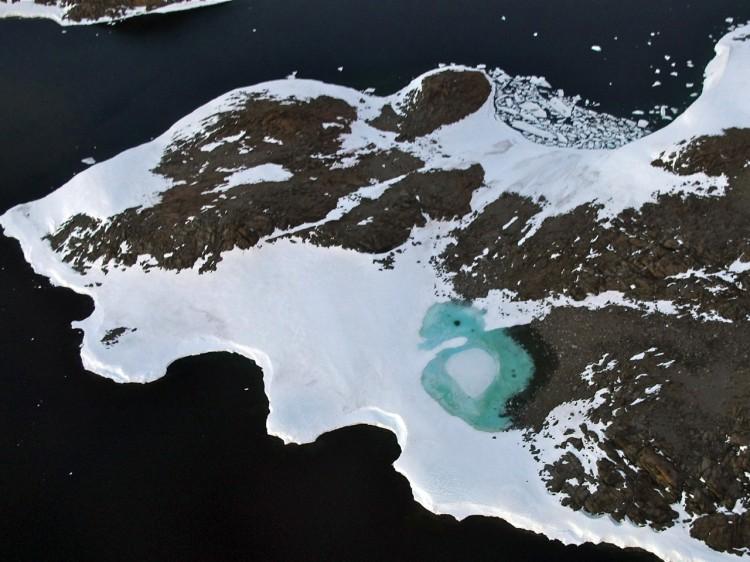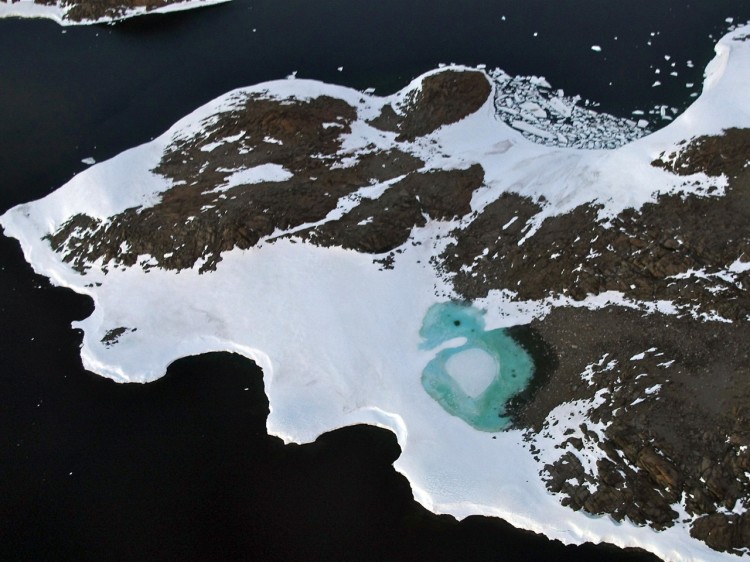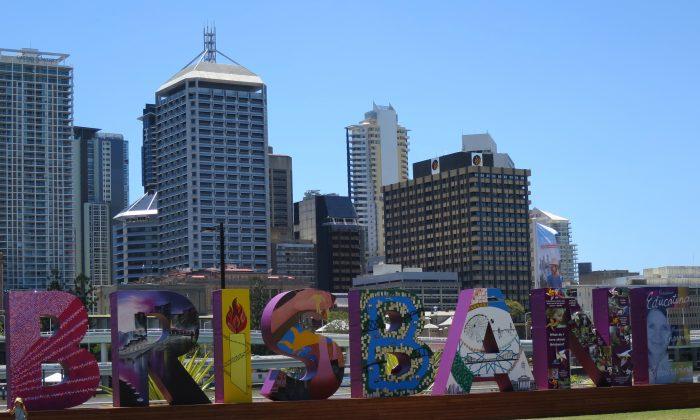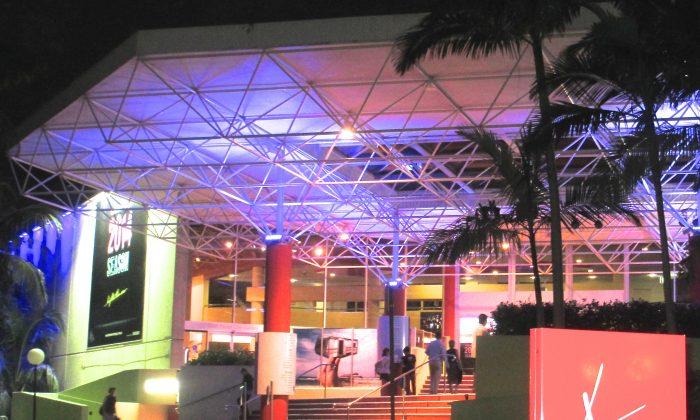The Australian government needs to act if it wants to protect its sovereignty claims in Antarctica against countries interested in the polar continent’s resources, a leading Australian think tank warned Monday.
The Lowy Institute for International Policy issued the warning in a policy paper in response to China and Russia voicing interest in Antarctica as a potential source for minerals and energy.
At present the international Antarctica Treaty protects the continent from resource exploitation, however in 2048, the treaty comes up for review.
Of the 48 signatory countries of the Antarctica Treaty, only 7 currently claim territory. Australia claims 42 percent of the continent. China and Russia are signatories but neither hold claims.
Many signatory countries do not recognize the territory claims of the seven nations. The United States and Russia both reject sovereignty claims, maintaining the right to assert future claims to Antarctic territory.
The treaty, which regulates land and ice shelves south of 60 degrees South latitude and stipulates that the region can only be used for peaceful—mainly research—purposes, does not, according to the Australian government, allow countries to assert new claims on territory.
The director of Lowy Institute’s security program, Rory Metcalfe, said the policy paper is “timely” because Australia is not doing enough to safeguard its interest in Antarctica.
“There is a real chance that the treaty system banning resource exploitation in Antarctica will not last,” he said in a media release.
“Australia is at risk of being left behind in a future age of energy and strategic competition in Antarctica,” Metcalfe said.
Australia’s claim to the frozen continent is vulnerable because of its limited activity on its own territory. Most of the stations on Australia’s claimed land belong to other nations, including China and Russia, according to the institute’s report.
Australia also lacks the right equipment, as it doesn’t have the kind of skiplanes that it needs to reach important parts of its Antarctic claim, and its one aging ice-breaking ship is currently being used for other projects.
The paper, “Antarctica: Assessing and Protecting Australia’s National Interests,” urges Canberra to take a number of initiatives, including changing the responsibility for the Antarctic from the Environment Department to the attorney general’s office, to deal with the growing “security and sovereignty concerns.”
The paper also suggests Canberra push for international inspections of all countries’ Antarctic stations and to modernize Australia’s three Antarctic stations.
The Lowy paper also says Australia presence in the Antarctic should involve military activities, including perhaps joint surveillance with New Zealand using unmanned aircrafts.
Argentina, Chile, France, New Zealand, Norway, and the United Kingdom are the other countries currently holding claims to territory in the Antarctic.
Australia Urged to Take Initiative in Antarctica
At present the international Antarctica Treaty protects the continent from resource exploitation, however in 2048, the treaty comes up for review.
8/8/2011
Updated: 10/1/2015






Friends Read Free